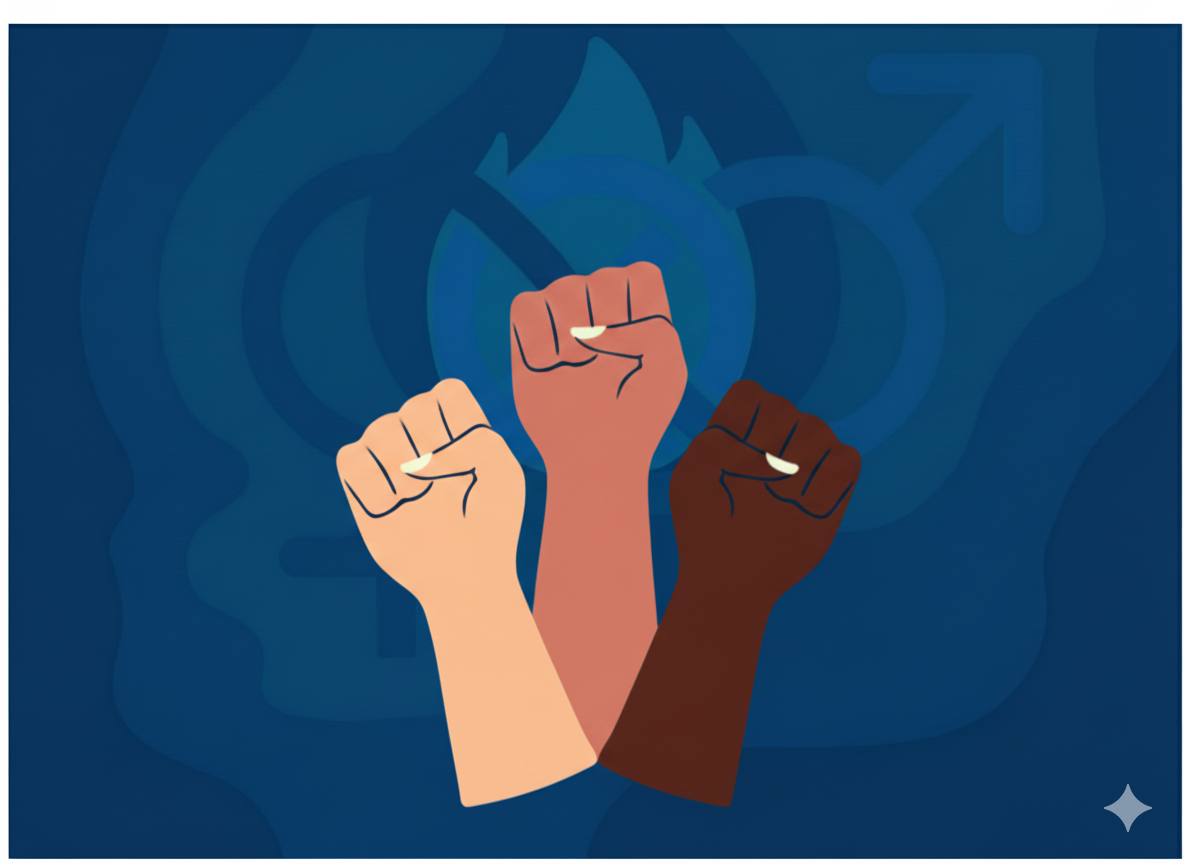
Illustration: Canva
Women human rights defenders: Documenting to protect
In a context of increasing and sustained violence against women human rights defenders around the world, especially those defending land and territory, this event proposes a dialogue about documentation as a protection strategy from an intersectional perspective.
In a context of increasing and sustained violence against women human rights defenders around the world, especially those defending land and territory, this event proposes a dialogue about documentation as a protection strategy from an intersectional perspective. Based on the methodology and results of IM-Defensoras’ report 'Data that hurt us, networks that save us', participants will share various experiences of documenting attacks as a strategy for protection, memory, and access to justice.
Attacks against women human rights defenders are not isolated incidents, but part of broader patterns of repression, gender-based violence, and systemic discrimination. Documentation of attacks is a critical protection strategy: not only a way to record harm, but also a means of strengthening networks of solidarity, demanding justice, and ensuring that violence does not remain invisible.
Speakers: Women human rights defenders from various regions
Moderator: Emilie De Wolf, IM-Defensoras
Simultaneous interpretation will be provided in English and Spanish.
This event is co-organised by IM-Defensoras, Regional Coalition of Women Human Rights Defenders in Middle East and North Africa (WHRD MENA), Women Human Rights Defenders International Coalition (WHRDIC), National Network of Women Human Rights Defenders in Mexico (RNDDHM), International Service for Human Rights (ISHR), Front Line Defenders (FLD), Peace Brigades International (PBI), Just Associates (JASS), Amnesty International (AI), Urgent Action Fund (UAF), and Association for Women’s Rights in Development (AWID).
